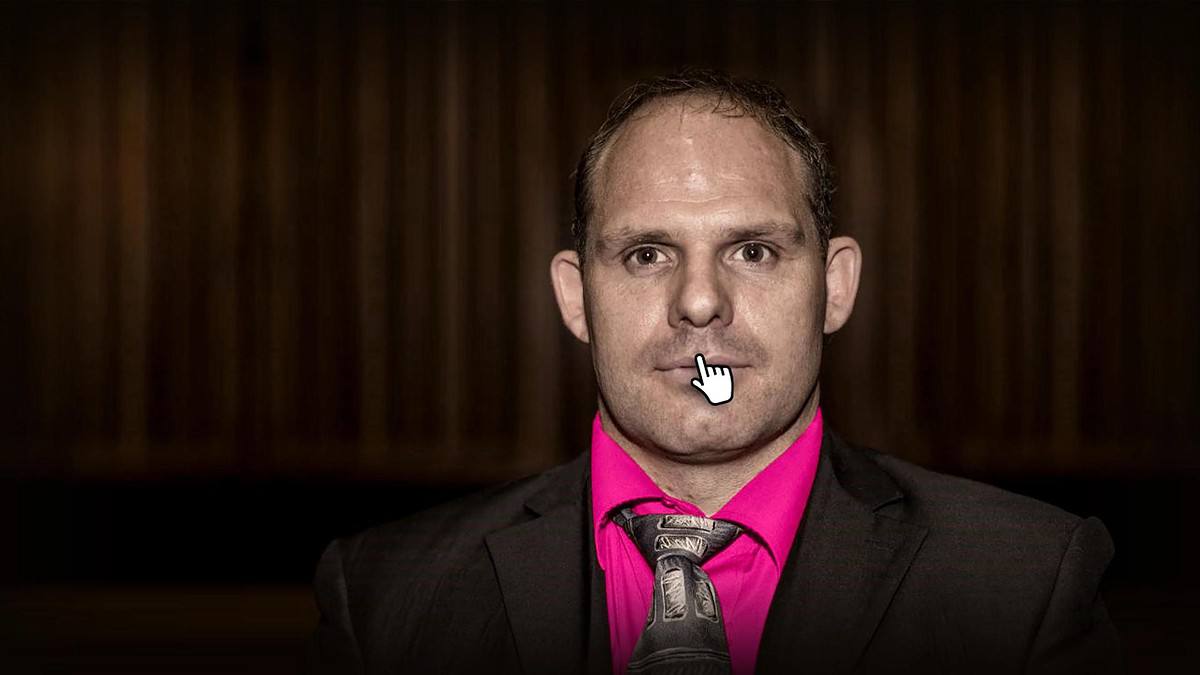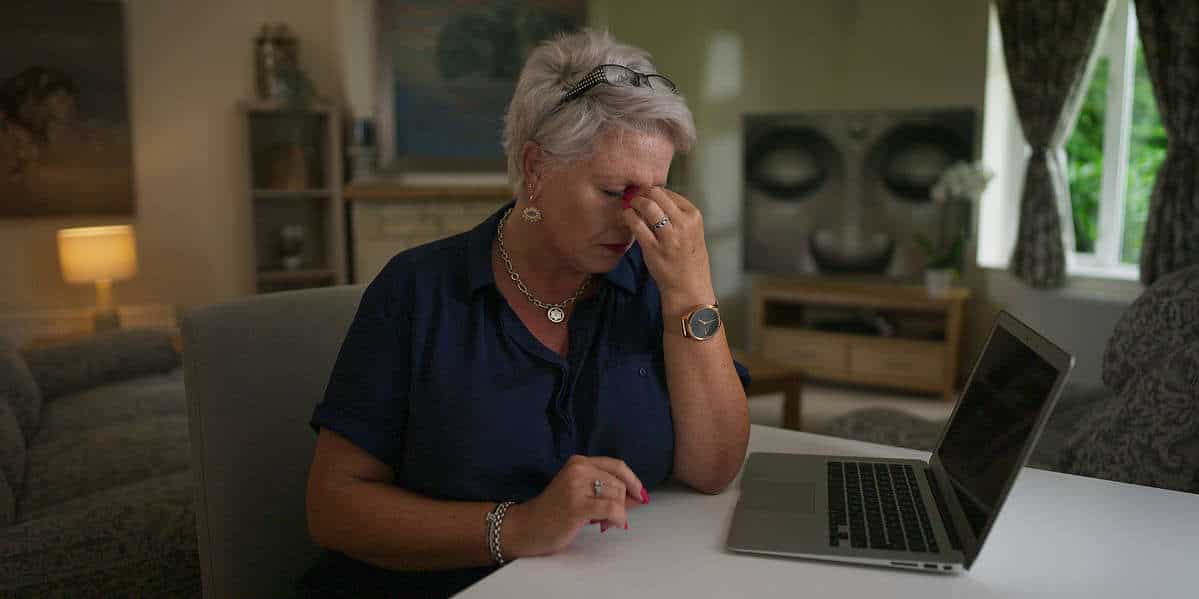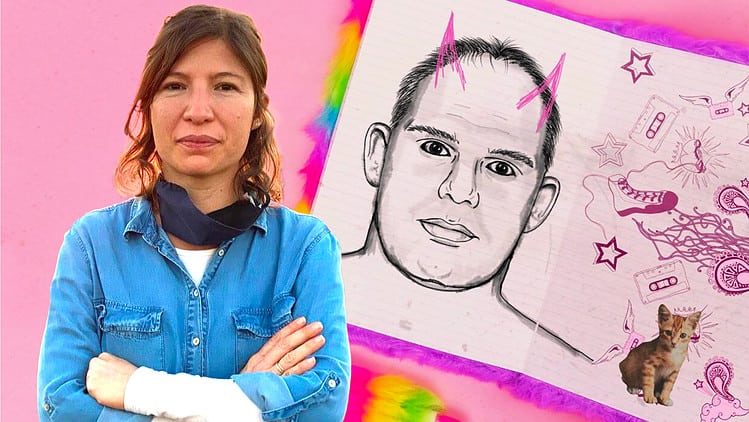Convict Conman – IdeaCandy’s latest true-crime documentary – is already attracting the right kind of attention on Showmax. It covers the twisty and intersecting tales of Dawie de Villiers and Michael O’Conner. Across two episodes, viewers find out about de Villiers, a former photographer and model agency owner who was sentenced to life in jail for rape and sexual assault, as well as the curious story of O’Connor – a supposed friend of de Villiers’ – who raised eyebrows when his employees never met or saw their boss in person.
Fortress of Solitude caught up with Convict Conman‘s director Nikki Comninos to find out more about the challenges and intricacies of bringing this documentary to life. Comninos described the difficulties of getting individuals and authorities to cooperate, while also praising those who persevered in the pursuit of justice. In addition, the director revealed the chances of returning to this story as it appears to be far from over.
Fortress of Solitude: My first question, Nikki. In terms of Convict Conman, it features lot of in-depth research and heavy subject matter with many interconnected parts. How long did it take for the team to put this entire documentary together?
Nikki Comninos: It was actually a relatively quick turnaround. I think they approached me around February [of this year], and I was finishing up with Rosemary’s Hitlist at that point. I started in earnest in May, but we did research during that time. So, let’s say from [early this year] until the beginning of May, we were gathering research.

Dawie de Villiers is the main subject of the documentary. Did the team receive any pushback from him or his legal team about Convict Conman, or was there any knowledge of it? I’m interested in finding out the process about this.
Nikki Comninos: I reached out to the lawyer for Michael O’Connor, who actually did the appeal for Dawie de Villiers. I did want to interview him, but he declined to be part of it. I did reach out to the legal team of Dawie de Villiers, who represented him in the trial, but they also declined to be part of it. So, I guess there was a fair amount of stonewalling.
Getting together people to discuss their trauma must be incredibly tough. It’s not only about them telling their story, which is incredibly traumatic, but also for the people hearing it. What do you as a group of filmmakers do to make it a safe and protected space for the people to tell their stories?
Nikki Comninos: Absolutely. With some of the people, we met before in person just to have a coffee and to get to know each other. It’s so it becomes a bit more human, and you aren’t just plonking a camera down and then asking about some of the most difficult parts of their life. We also had lots of email exchanges, because not everybody was in South Africa. And I always told them that if they want to see the questions before we talk, they can see the questions, so that there isn’t anything triggering for them. If they prefer not to, that’s fine. And at any point in the interview, if they want to stop the interview, or they don’t want to answer the questions, that’s also fine.
For one of the people we interviewed, we also had a trauma counsellor on site in case we needed to pause. We do also always take breaks. For the team, we have a briefing before to explain that we’re going to have some sensitive material. IdeaCandy also has a [service] for you to be able to speak to somebody, if during the job, you feel overwhelmed at some point, or it brings up something for you. They always have that on offer that you can speak to someone. But I mean, it is difficult even with all of those things in place. I think these things creep into you. You’re dealing with real people, real stories that can intersect with your own personal stories, and even just feeling empathy for someone can be quite like an emotional roller coaster. So yeah, I mean, it’s definitely the whole part of the process of making a documentary.

One of the major themes of Convict Conman is certainly about how the justice system and also society as a whole needs to do better in terms of the fight against gender-based violence. The documentary highlights some of the good – and the people in the justice system who are determined to bring justice – as well as some of the bad and how the justice system fails South African victims. Now, what has been the response from the likes of police officials and authorities to the documentary considering you did reach out to them for comment?
Nikki Comninos: It’s been difficult. It’s been very difficult. I think Veronica Banks, the policewoman who arrested Dawie de Villiers, was incredible. She was wonderful; she was very forthcoming. Obviously, we have to go through her superior, so it takes some time to get sign off. But we were never able to get an interview face to face with the Department of Correctional Services, which I’m quite sad about. They did answer us [via] email at the last moment, but we had been trying for months and months to actually speak to them. And I found in this particular instance, it would be quite unfortunate because this is a success story. We managed to put a perpetrator behind bars – that doesn’t always happen. And then they also did conduct a raid when they were given the tip-off by Jana [Marx]. So, in a way it, it felt to me that this could be a success story.
But it was difficult. They responded to emails with shifting goalposts, and then this spokesperson was on leave, then this person came back, and then we were never ever able to sit face to face and to talk about some of the complexities, which I found quite disappointing.
The last episode of Convict Conman shows how the story is far from over and there could be more hanging. Have you discussed the possibility of returning for what would be effectively episode three at some point?
Nikki Comninos: Yeah. The thing with a documentary is that the story is never over. It’s real life and it lives on, and even the impact of a documentary can trigger some other things. Like we know from Devilsdorp, the policeman was arrested after our film came out. So, yeah, documentaries live in the world, and they bump up against reality, and they can sometimes trigger more things. And even without that, like you say, there is some suspicion that there is more to the story. So, nothing ever gets packed away in a cupboard; I think it’s always sitting on the shelf. And if there’s enough meat and there’s enough of a story, then yes, then I think it gets pursued.
RELATED: Review: Convict Conman Explores the Shocking True Story of Kempton Park’s Hugh Hefner
Catch up on Convict Conman on Showmax.














